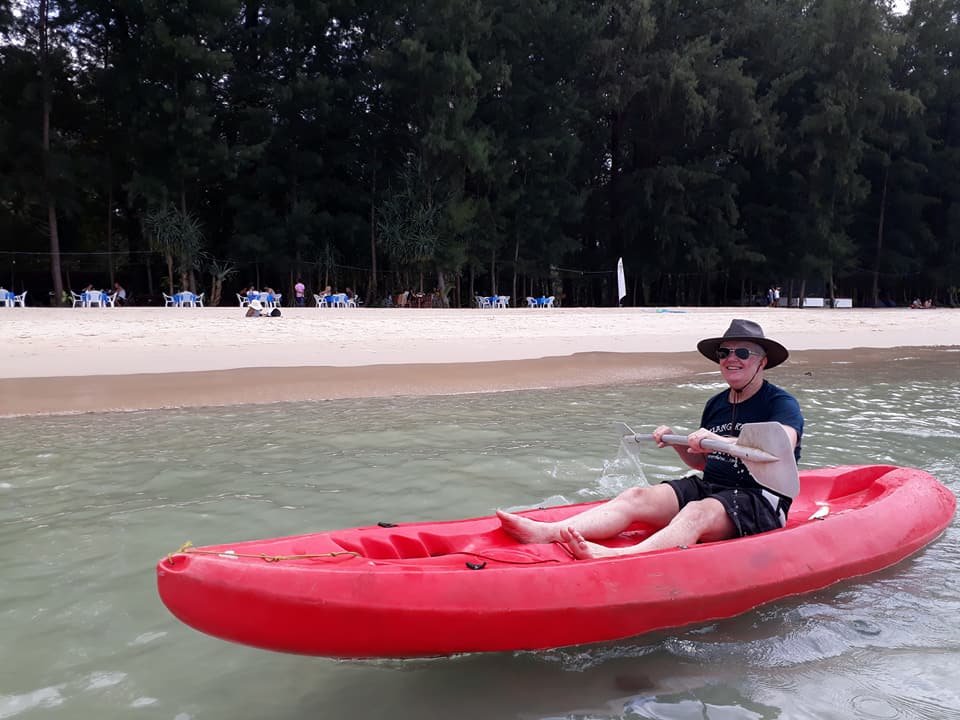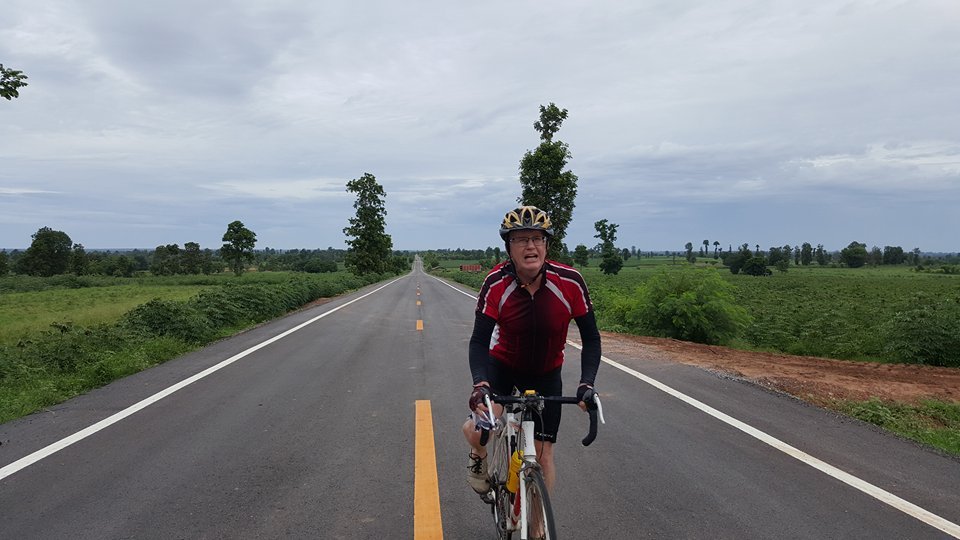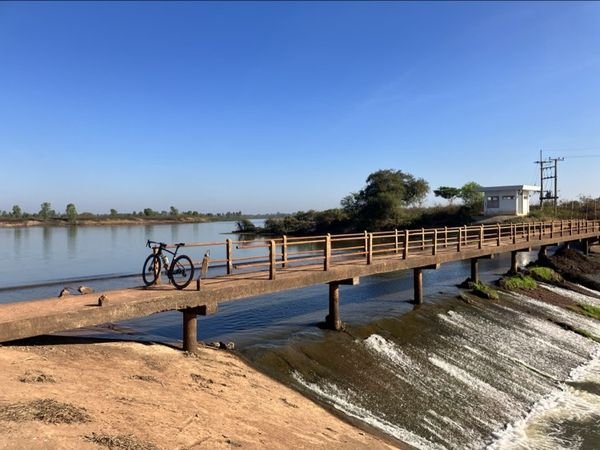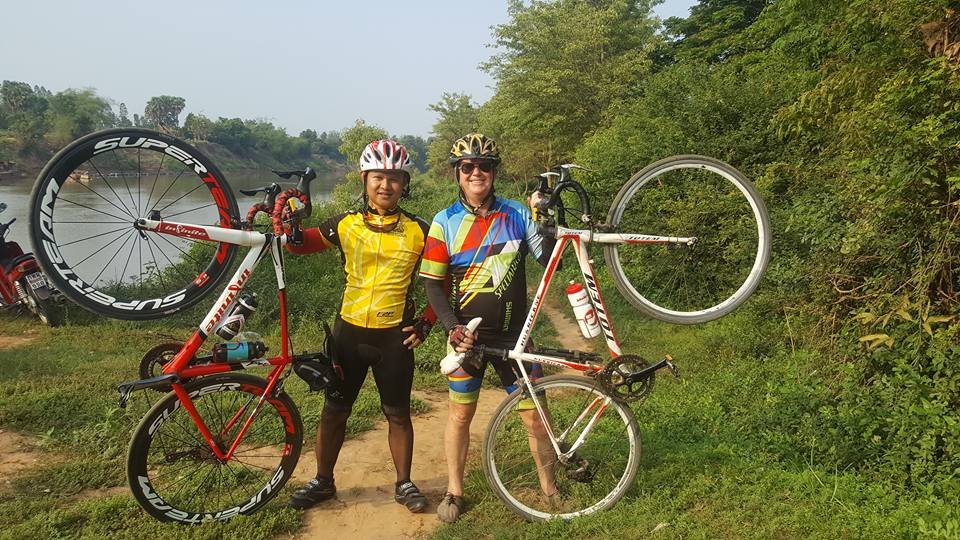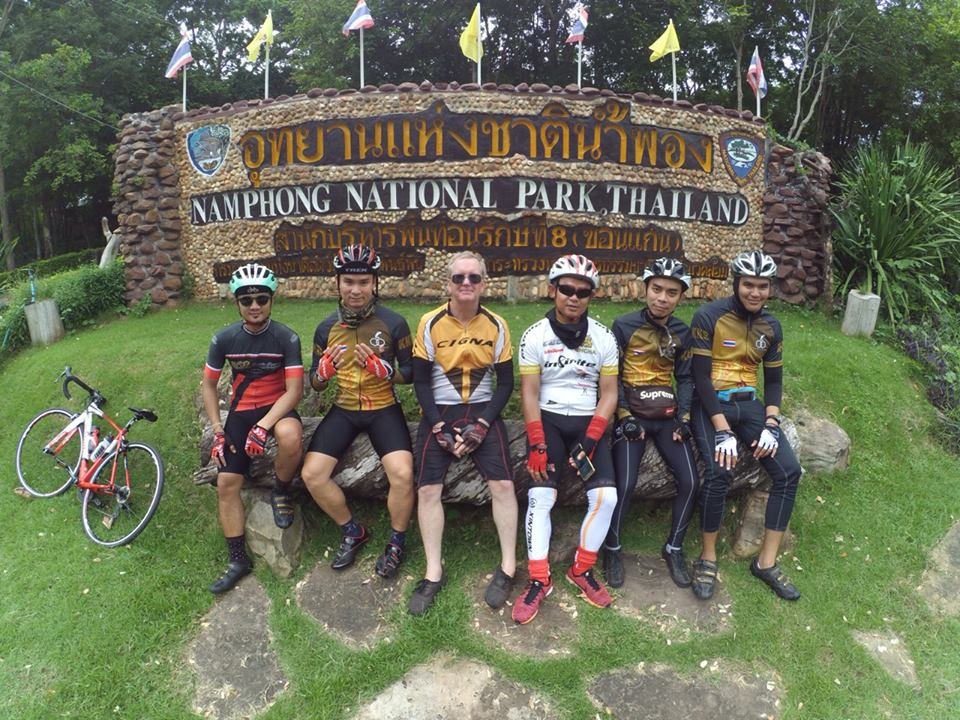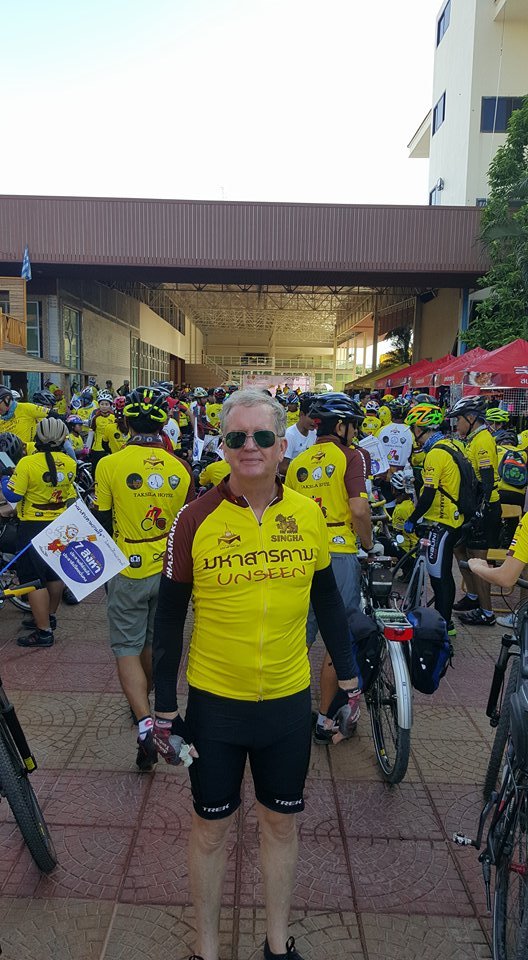-
Posts
2,112 -
Joined
-
Last visited
Content Type
Events
Forums
Downloads
Quizzes
Gallery
Blogs
Everything posted by Stevemercer
-

Air conditioning is effecting my sleep
Stevemercer replied to DonniePeverley's topic in Health and Medicine
I set my AC at 26 degrees and set the remote for it to shut off at midnight (if the weather is cooler) or 2:00 am in the hot weather. I have the ceiling fan on, but often wake up and turn the speed higher when the AC has shut off. This works for me, preventing dry throat and the 'hangover' feeling when waking up. -
I think the enjoyment comes and goes. Mostly I like reading books, but loose interest for a monthor two. Same with TV, movies and other entertainment. The mood comes and goes. Mostly I like peace and quiet, or the sounds of nature.
-
I'm on a Marriage Extension and draw on my 400,000 Baht deposit rather than transferring ,omey from Australia when the exchange rate is poor. Of course, I'm hoping the rate improves when I have to top up 2 months before the next extension. The last 2 or 3 years have been lucky in this regard. I also use a pessimistic exchange rate when doing exchange calculations (20 Baht per Australian dollar). So anything above this bottom line is a bonus. The rate is currently down to about 22.4. My break even point is 18 Baht. Below this it would be cheaper to live in Australia.
-

I'm cheating on my wife and I can't help it.
Stevemercer replied to BarBoy's topic in ASEAN NOW Community Pub
Go back to live in your home country. Most women won't even look at you and paid sex is too expensive. Easy solution! -
Are you going to meet her at the airport? Obviously she will have your number and can give this to the immigration office if they ask, Does she have a booked return flight? If her English is poor, you might write her a note to give to immigration (if she is stopped) explaining all the circumstances and with your contact details.
-
The only peace possible is for Ukraine to cede the annexed territories to Russia and for Ukraine to join NATO. Neither side wants this. Russia, with a population of about 144 million, can sustain the casualty rates. However, the birth rate is in free fall and the natural population decline per year is much higher than any casualty rate from the war. in 50 years the population will halve. It's hard to see how countries like Russia and China can increase their populations through immigration. Nobody seems to wants to go and live in these countries despite them being a worker's paradise. I guess one way Russia can increase its population is by absorbing its neighbours (Ukraine has about 38 million).
-
We had the service at 500 Baht per month for about a year when there were druggies living near us. For us, the main thing was that, in the event of a problem, we could call on the police and they would (hopefully) help, Once, after the druggies had intruded on our property to fish in a dam, my wife complained to the police. They sent around 10 police officers that day to talk to the druggies and prowl around. Admittedly, it cost us an extra 1000 Baht. After that we didn't have any problems and the druggies were 'moved on' a few months later.
-

Bicycle lights during daytime riding - Yes or No?
Stevemercer replied to Chomper Higgot's topic in Cycling in Thailand
I ride 3 or 4 times a week, in the morning, about 40 - 60km each ride. No, I don't use any lights. Around my way the roads are flat and visibility is usually good. -
Or a 'hydroponics farmer' has tapped into the line. Maybe, in future, you should turn off the power at the breaker. Your wife can turn it back on when she stays for a few days.
-

Diarrhea Frequency & Treatment in SE Asia
Stevemercer replied to AsiaTraveler1234's topic in Health and Medicine
I used to get (mild) diarrhea when I first came to Thiland, but rarely get it now. By mild I mean a vomit or two, followed to 2 or 3 days of diarrhea, and then easing back into full eating. I start off with porridge, toasted ham, cheese and tomatos andwiches,and electrolitic drinks. Most times I would continue with my regular cycling and working outside after a day resting. For me, it was an opportunity to loose a bit of weight while my appetite was suppressed. Ialways found the biggest danger was going to Thai wedding and other home celebrations where it was hard to not eat dubious food without causing offense.I'm more wary now. -

Bye bye Electric & Hello Hydrogen?
Stevemercer replied to eezergood's topic in Thailand Motor Discussion
Hydrogen is definitely the fuel of the future, like fusion energy, but common usage is probably 25 - 50 years off. In an ideal world, clean hydrogen could be produced from electolysis of water using electricity from nuclear power plants, The same plants, if strategically located, can produce fresh water from desalination of salt water, as well as steam and heat for industry. Science fiction tells us of unlimited hydrogen being scooped from the sun and gas giants if space industries ever become profitable. -

Photo-story - Where my bike’s been
Stevemercer replied to StreetCowboy's topic in Cycling in Thailand
Dupicate post -

Photo-story - Where my bike’s been
Stevemercer replied to StreetCowboy's topic in Cycling in Thailand
-

PM Srettha Guilty of Ethical Misconduct, Entire Cabinet Dismissed
Stevemercer replied to webfact's topic in Thailand News
Didn't the former Prime Minister (Prayut) appoint a convicted heroin dealer to his Cabinet, but the same Constitutional Court let him off? Apparently it only matters if the conviction was in Thailand, not in another country (Australia in this case). The actual issue of moral misconduct (e.g. was it responsible to for Prayut to appoint such a disreputable character) seems irrelevant. -
I think you should take them to a coin shop in the UK. You will get a better price and they may be worth more to collectors than just the gold content. For example, I recently sold a number of $200 Australian gold coins. I sent an email to 4 or 5 coin shops in Australia and got quotes. The gold value of the coins was about $600, but I got $950 for each from a coin shop when I next returned to Australia. They didn't even check/assay the coins and the only ID they asked for was my drivers licence.
-

British Man, 27, Vanishes in Thailand Before Flight Home
Stevemercer replied to webfact's topic in Thailand News
I guess there will be answers when/if police check his backgound. For example, is he a frequent visitor to Thailand, what did he talk to his girlfriend about, does he have Thai connections, what is his social media history etc. etc. -
You can buy a house in Australia for $30,000 if you are prepared to live in a small, remote town.
-

Three American Bully dogs maul 70-year-old man to death
Stevemercer replied to webfact's topic in Isaan News
Other stories said the lady owner went out, but forgot to lock the driveway gate. The gate is one of those light swinging types and easy to knock open if not locked. The old guy rode by on his bicycle as he often does. The dogs would rush out to bark at any passing bicycle, but the gate is normally locked. This time when the dogs rushed the gate it bumped open and the old man was defenceless. An accident waiting to happen, in my view. -

Blackchin Tilapia Invasion Threatens Southeast Asia's Ecosystems
Stevemercer replied to webfact's topic in Thailand News
Good comment. It will be impossible to contain a fish that can spread to different rivers through estuaries and along the coastlines. At a buyback of 15 Baht per kilo, people will be actively farming the fish to cash in. The priority must be to protect inland catchment, particularly watersheds feeding into the Mekong -
If Michelle Obama was nominated, and she accepted, she would be a shoe-in.







